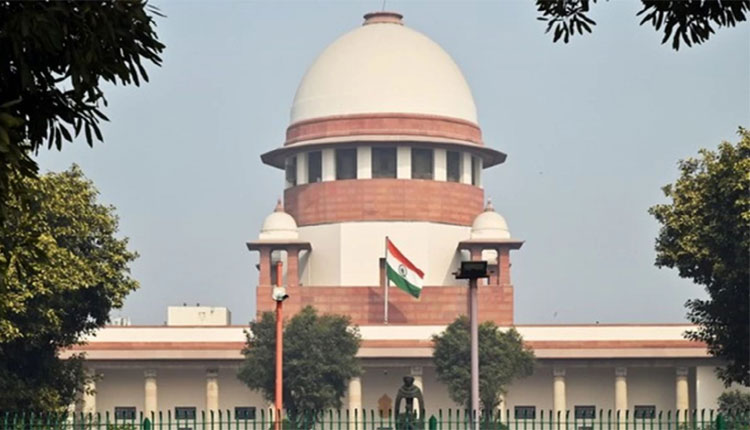New Delhi: In a significant ruling, the Supreme Court has clarified that downloading or viewing child pornography constitutes an offence under the Protection of Children from Sexual Offences (POCSO) Act. This verdict was delivered by a bench comprising Chief Justice DY Chandrachud, Justice JB Pardiwala, and Justice Manoj Mishra, overturning a previous judgement by the Madras High Court that had stated that merely downloading or viewing such material was not an offence under the POCSO Act or the Information Technology Act.
The Supreme Court has recommended that the central government issue an ordinance to replace the term ‘child pornography’ with ‘child sexual abuse and exploitation material’. In a notable directive, the apex court has instructed all courts to refrain from using the term ‘child pornography’ in their proceedings.
Justice JB Pardiwala elaborated on the ruling, stating, “We have tried in our own way to lay down guidelines that clarify all relevant provisions concerning the mindset of offenders.” He reiterated the court’s request for the Centre to promote an ordinance that would redefine the terminology used in legal contexts.
The court underscored that Section 15(1) of the POCSO Act penalises content related to child pornography, but emphasized that for an offence to be established, there must be clear intent to share or transfer such material. Furthermore, Section 15(2) necessitates that an offence under POCSO be substantiated, while Section 15(3) specifies that there must be evidence of genuine transmission or broadcasting to constitute an offence.
This ruling marks a pivotal moment in the legal landscape surrounding child protection, signalling a robust commitment to safeguarding the rights of children and reinforcing the legal framework against child exploitation.



Comments are closed.